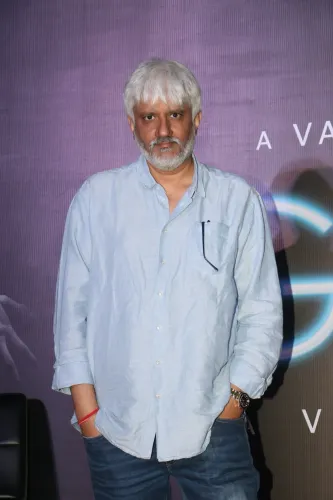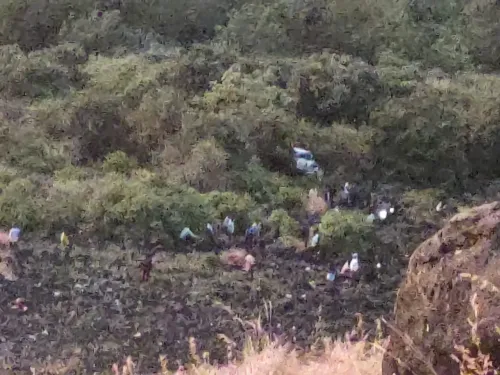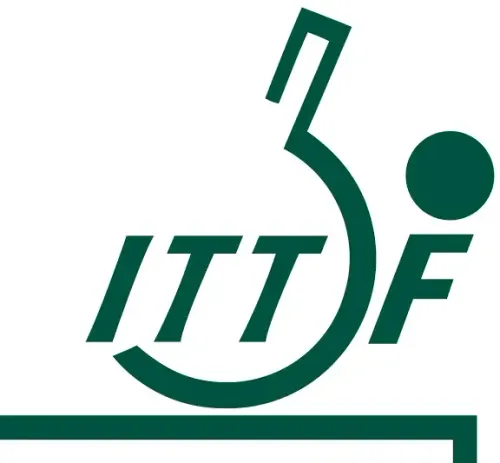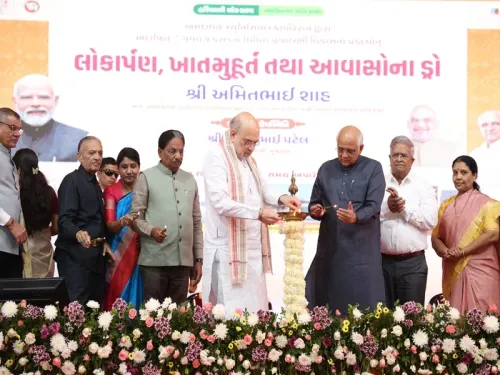Crucial African-led Initiatives for Peace in Congo
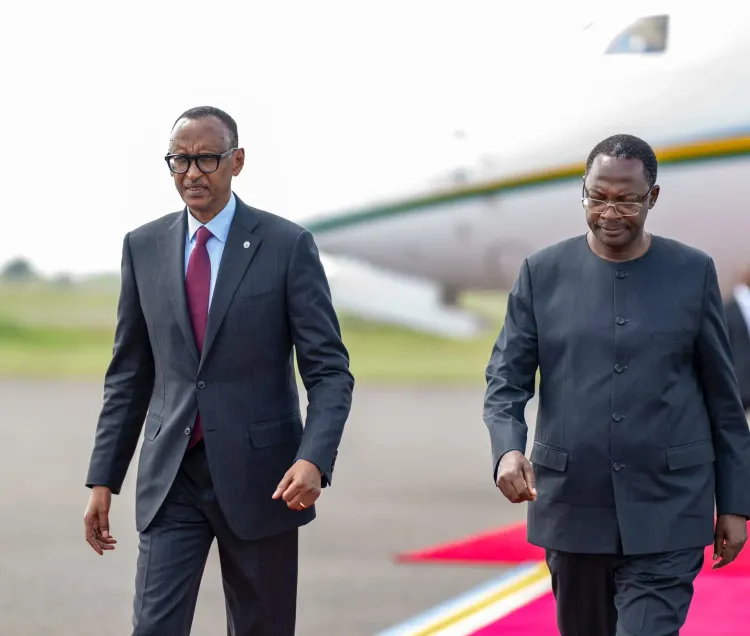
Synopsis
Key Takeaways
- African-led solutions are critical for peace in DRC.
- The M23 rebels' actions have escalated violence significantly.
- Regional organizations are actively seeking ceasefire agreements.
- Ethnic tensions remain a major factor in the ongoing conflict.
- Efforts are focused on upcoming peace talks in Tanzania.
Kinshasa, Feb 8 (NationPress) Amid increasing hostilities in the eastern region of the Democratic Republic of the Congo (DRC), African regional organizations are rapidly seeking African-led solutions to avert a broader crisis.
The United Nations reports that at least 2,900 individuals lost their lives during the March 23 Movement (M23) rebels' takeover of Goma, the capital of North Kivu province.
The African Union (AU), alongside the Southern African Development Community and the East African Community (EAC), are striving to negotiate a ceasefire, aiming to halt the violence and prevent the conflict from further destabilizing the region.
On Thursday, thousands congregated at a stadium rally in North Kivu's capital, where the rebel group asserted its control over the city since January 26.
Corneille Nangaa, the political leader of the Congo River Alliance, an ally of the M23, announced at the rally, “We will establish a national police force, an administration, and a justice system.”
The rebels have vowed to create a parallel administration in the city and beyond, having appointed a “provincial governor” late Wednesday.
Since reemerging in late 2021, the M23 has seized territories in eastern DRC, including the vital regional hub of Goma and the trading center of Bunagana at the Ugandan border, along with the mining town of Rubaya, renowned for its abundant coltan resources.
The insurgents are also pushing southward into South Kivu province, most recently taking Nyabibwe, which is located less than 100 km from the provincial capital Bukavu, as reported by Xinhua news agency.
The conflict between the M23 and the government is closely linked to the aftermath of the 1994 Rwandan genocide and ongoing ethnic divisions, especially between the Tutsi and Hutu groups. The DRC has accused Rwanda of backing the M23, while Rwanda claims that the DRC military has allied with the Democratic Forces for the Liberation of Rwanda (FDLR), a group implicated in the 1994 genocide.
Decades of Western colonial rule have often ignited deadly conflicts in the area. Colonial powers established borders according to their interests, ignoring the ethnic group distributions and employing a “divide and rule” strategy that favored certain groups, fueling ethnic tensions that endure today.
In 2004, Tutsi soldiers within DRC government forces, feeling marginalized, formed the anti-government militia National Congress for the Defence of the People (CNDP). A peace agreement was signed in 2009, and the militia was integrated into the national army.
However, in 2012, a faction of the CNDP abandoned the agreement due to perceived non-compliance and established the M23 movement.
The M23’s declared objective was to safeguard the Tutsi population and advocate for their rights, especially in light of allegations that the DRC government failed to fulfill its commitments regarding political integration and security. The group briefly captured Goma in 2012 but withdrew after regional mediation.
“If it continues like this, war risks becoming widespread in the region,” warned Burundi President Evariste Ndayishimiye earlier in February.
Given the underlying ethnic strife, competition over resources, and other factors, analysts have cautioned about the potential for conflicts to escalate beyond the DRC border into a regional confrontation.
“The fall of eastern Congo's largest city has caused thousands to flee their homes and has once again placed the Great Lakes region on the verge of a larger war,” stated a report by the International Crisis Group, which analyzes global conflicts.
The mineral-rich eastern DRC continues to be a primary catalyst for conflict, as various militias and government forces vie for control over valuable resources, including coltan, tin, tantalum, and gold. Observers noted that the demand for these minerals contributed to the outbreak of the Second Congo War in 1998.
“It is not only Burundi; it is Tanzania, Uganda, and Kenya. It poses a threat to the entire region,” Ndayishimiye added, expressing concerns about a regional conflict.
Efforts towards peace by multiple regional organizations have been initiated to prevent further escalation of hostilities in eastern DRC.
While mediation attempts at the regional level have faced challenges, attention is focused on an upcoming peace summit in Dar es Salaam, Tanzania, involving DRC President Felix Tshisekedi, Rwandan President Paul Kagame, and several other African leaders aiming to resolve the crisis.
Previous peace negotiations have repeatedly faltered. A December summit under the AU-led Luanda Process, which was expected to bring together Tshisekedi and Kagame to finalize a peace agreement, was unexpectedly canceled.
While nations outside the region have offered to mediate, the DRC has emphasized the necessity of African-led solutions.
“We firmly believe that African issues must be resolved by Africans. This is why we prioritized the Luanda Process, initiated by the African Union and mediated by the Angolan president,” stated Gracia Yamba Kazadi, DRC Vice Minister for Foreign Affairs.
Kinshasa has firmly rejected direct discussions with the M23 but has hinted at reviving the Nairobi Peace Process, a peace initiative led by the EAC and facilitated by former Kenyan President Uhuru Kenyatta.
Kanze Dena, Kenyatta's spokesperson, mentioned that although temporarily paused, the Nairobi Peace Process remains a vital framework for dialogue and conflict resolution in eastern DRC.
Dena emphasized that the Luanda and Nairobi processes hold significant promise for resolving the ongoing crisis in eastern DRC, noting their complementary and interdependent nature.
“There is an African solution to the African problem,” Dena concluded on behalf of Kenyatta.


